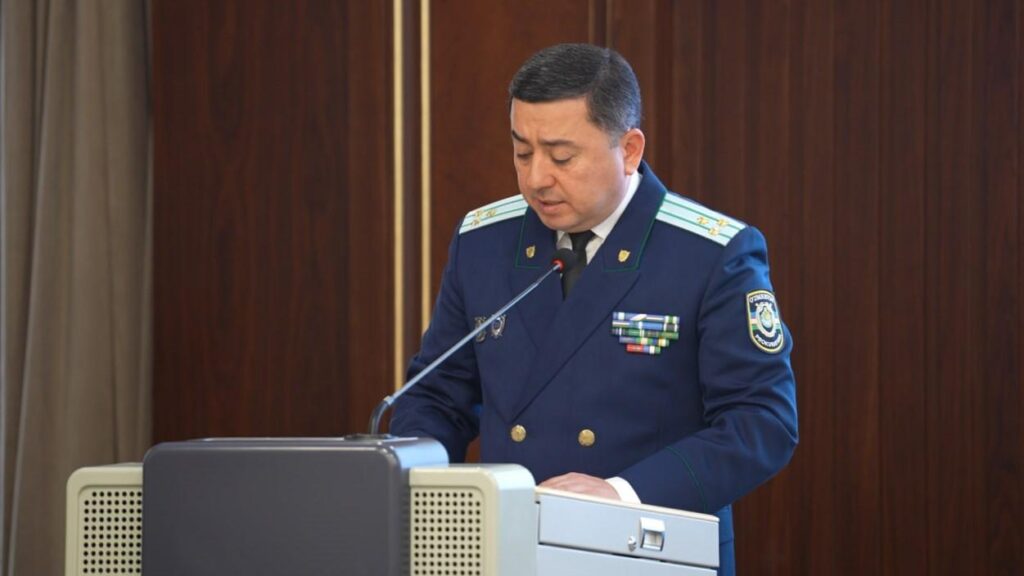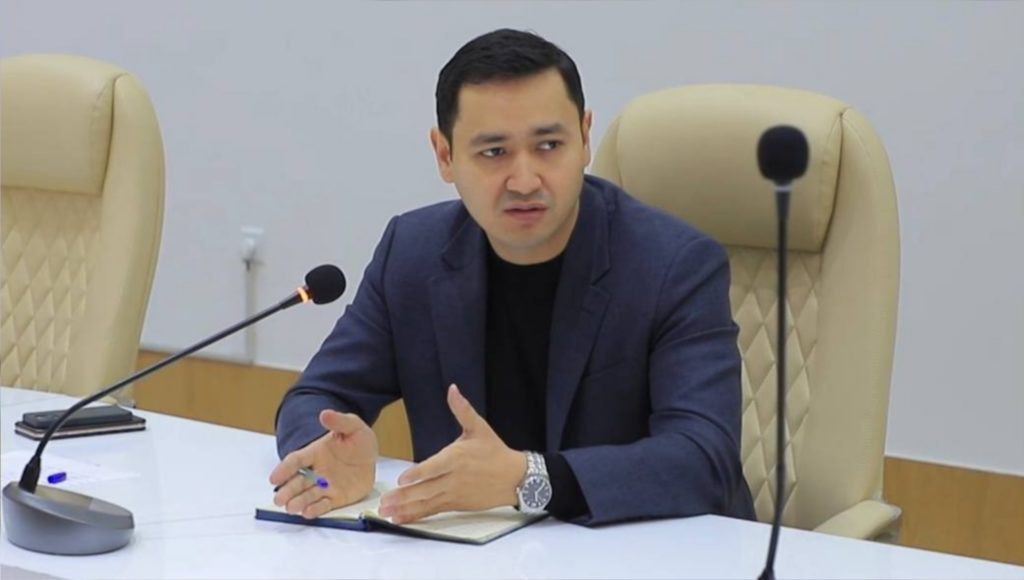U.S. Deports Over 100 Central Asian Migrants on Uzbek Charter Flight
More than 100 people from Uzbekistan, Kazakhstan, and Kyrgyzstan who were illegally in the United States have been deported on a charter flight organized by the Uzbek government, the U.S. Embassy in Tashkent said on Thursday. The operation, which happened on Wednesday, was “the first in which a U.S. partner proactively provided a dedicated flight to repatriate its citizens” and underscores collaboration on issues such as counterterrorism and law enforcement, according to the embassy. “By organizing and funding the removal of its citizens present illegally in the United States and allowing the removal of nationals from other countries on Uzbek flights, Uzbekistan demonstrated its role as a trusted and proactive partner in the realm of international security,” it said. The embassy statement did not provide details on the people who were deported. U.S. President Donald Trump had campaigned on the promise of the mass deportation of migrants that he said were in the country without permission, and Immigration and Customs Enforcement has carried out deportations in line with that pledge since he took office for a second term in January. The speed and severity of the crackdown have alarmed advocates who have argued in court that the U.S. administration is denying due process to some migrants. U.S. relations with some of its traditional allies, including Canada and European countries, have frayed since Trump took office. But Uzbekistan and several other Central Asian countries appear to have maintained a relatively harmonious dialogue with the Trump administration while also collaborating with regional powers Russia and China. On April 9, U.S. Secretary of State Marco Rubio and Uzbek Foreign Minister Bakhtiyor Saidov met in Washington to discuss investment, critical minerals and security matters. Rubio “thanked Uzbekistan for their efforts to facilitate the return of their deportees from the United States,” the U.S. State Department said. U.S. plans for mass deportations have been a source of concern for Central Asian communities in the United States. This month, Kazakhstan urged any of its citizens who are subject to a U.S. deportation order but remain in the United States to voluntarily return home by using a U.S. Department of Homeland Security mobile app. The Kazakh Embassy in Washington urged those nationals to do so in order “to prevent possible negative consequences” such as fines, a ban on re-entry to the United States and other penalties. In January, Kyrgyzstan warned its citizens to follow U.S. immigration law and always carry relevant documents with them.






